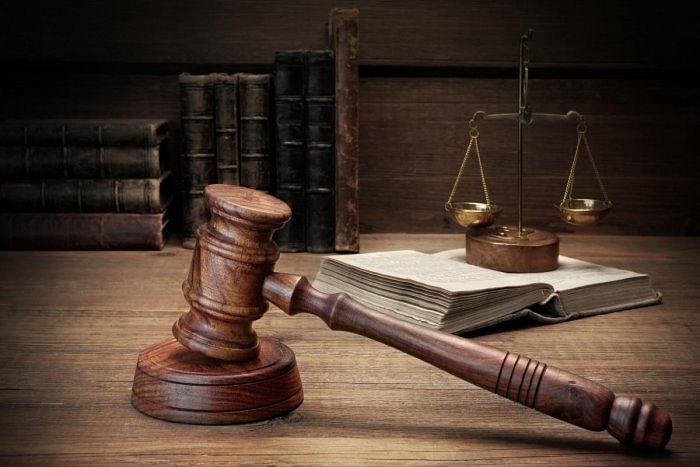
Months after the Goa government arrested a Christian pastor Dominic D'Souza and his wife Joan for allegedly using magic to convert people to the Christian faith, the Panaji bench of the Bombay High Court has now quashed an administrative order banning them from carrying out any religious activities.
High Court justices M S Sonak and Valmiki Menezes ruled that the North Goa District Magistrate's order banning the pastor couple's Five Pillar Church in Sodiem village in North Goa was violative of fundamental rights prescribed under sections 19, 25 and 26 of the Constitution, while also adding that there was no material on record which could justify the magistrate's order.
“The article (of the constitution) guarantees to all persons, the equal entitlement of freedom of conscience and the right to profess, practice and propagate religion. The right conferred upon a citizen to profess and propagate religion correspondingly casts a duty on the State and the Executive to ensure that every person should be allowed to freely practise, preach or profess his belief,” the High Court's division bench said in its order which was available in the public domain on Saturday.
Also Read | Trio held for conversion attempt in Ghaziabad
The couple had approached the High Court to challenge the District Magistrate's order. The duo had been arrested in December last year, following a complaint which alleged that Dominic and Joan allegedly used magic to convert people to the Christian faith.
“The State has a duty to extend all possible protection to its citizens, through free speech and the freedom of expression, enshrined in Article 19(1) of the Constitution of India to indulge in public discourse and to propagate religious practice. All persons have a fundamental right to form institutions, purchase property for their use and to profess and propagate religion,” the Court also ruled.
“By claiming to exercise jurisdiction under Section 144 of the Code and prohibiting the Petitioner and Domnic from carrying out any religious activities in their property is a direct violation of their fundamental rights enshrined in Article 19(1), Articles 25 and 26 of the Constitution of India, as it seeks to deny them both of their freedom of speech and expression and to their freedom of conscience and the right to freely profess, practice, propagate their religion or form religious institutions,” it further said.
The state counsel had argued that the couple was allegedly involved in forceful conversions through prayers and healing and that such activities had caused "serious law and order situation in the village.”
The Court in its order however said that "in the present case, there was no material before the District Magistrate placed by the Superintendent of Police to enable him to come to a conclusion that there was any situation of public order… for passing prohibition orders under Section 144 of the Code".
"We find no complaint or any reference to any act of the Petitioner which would amount to using force, coercion or deception to convert any members of the public to a particular religion,” the High Court said.